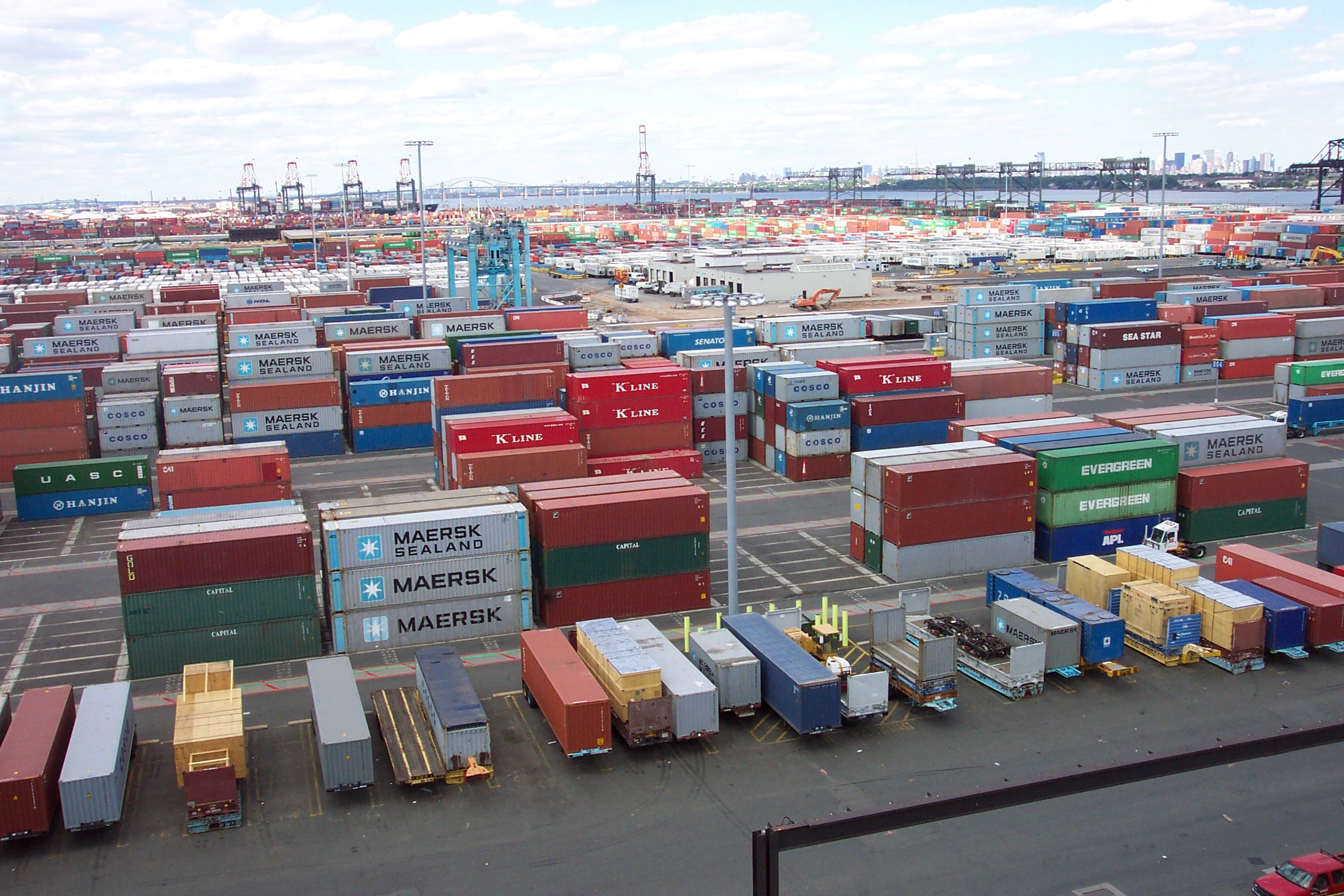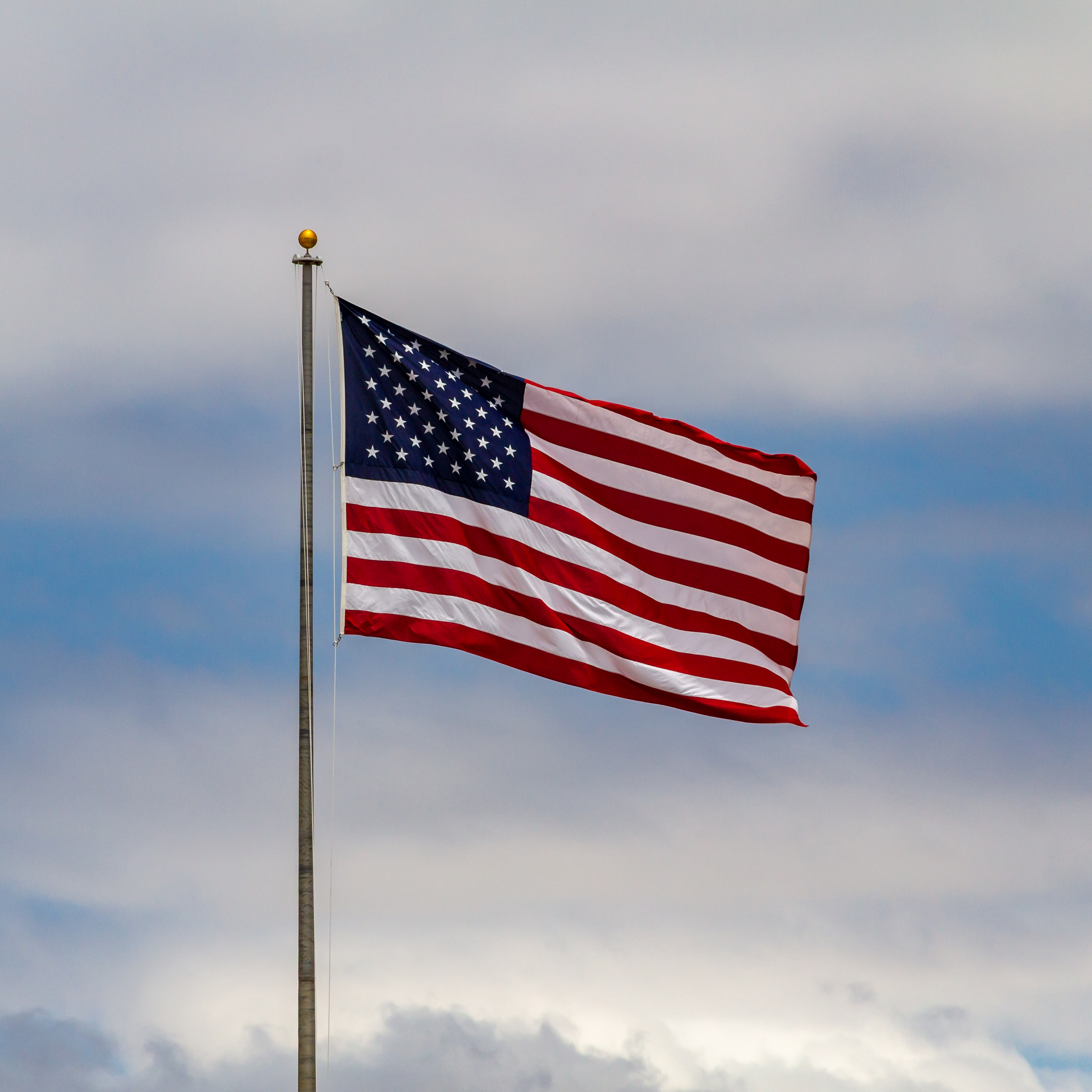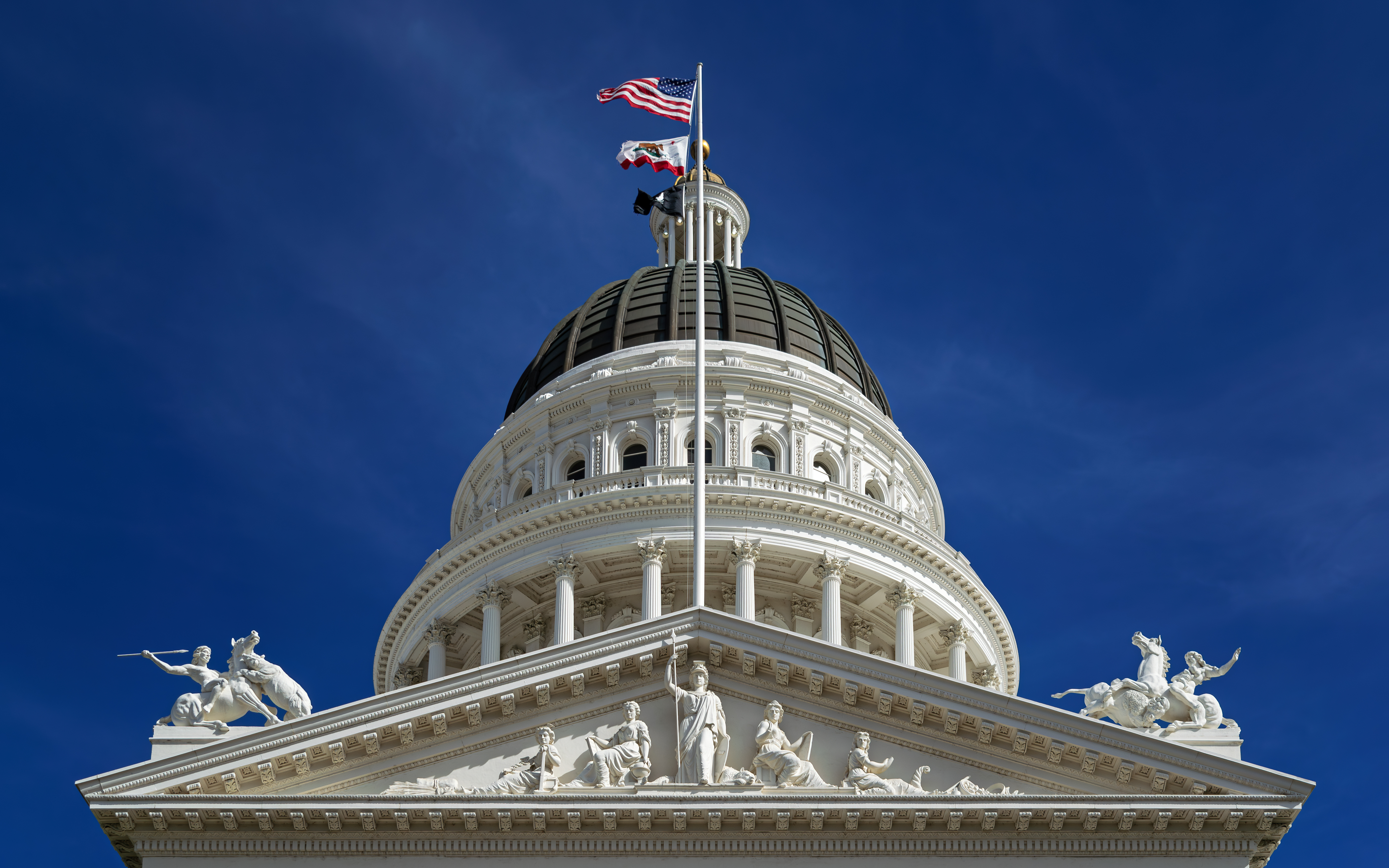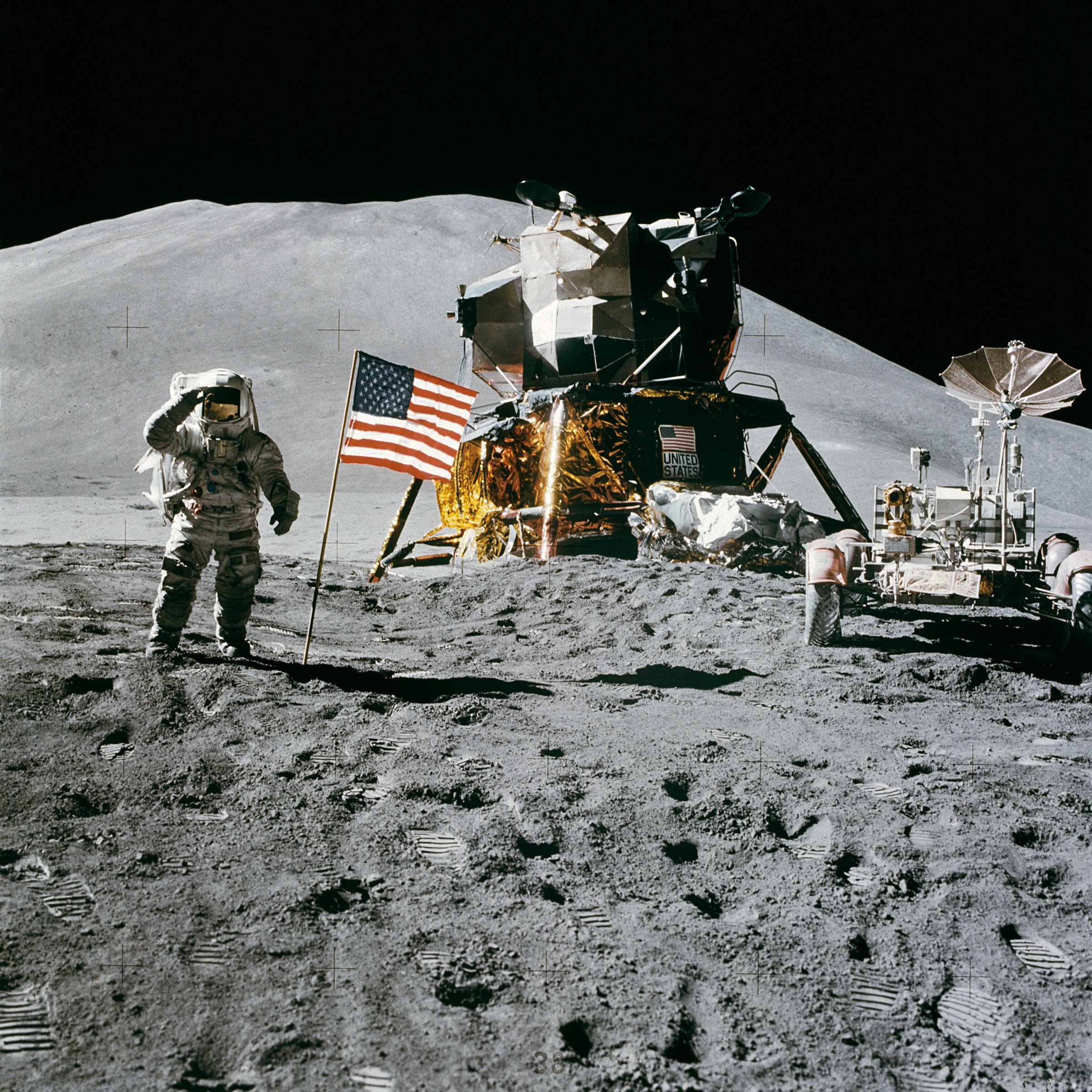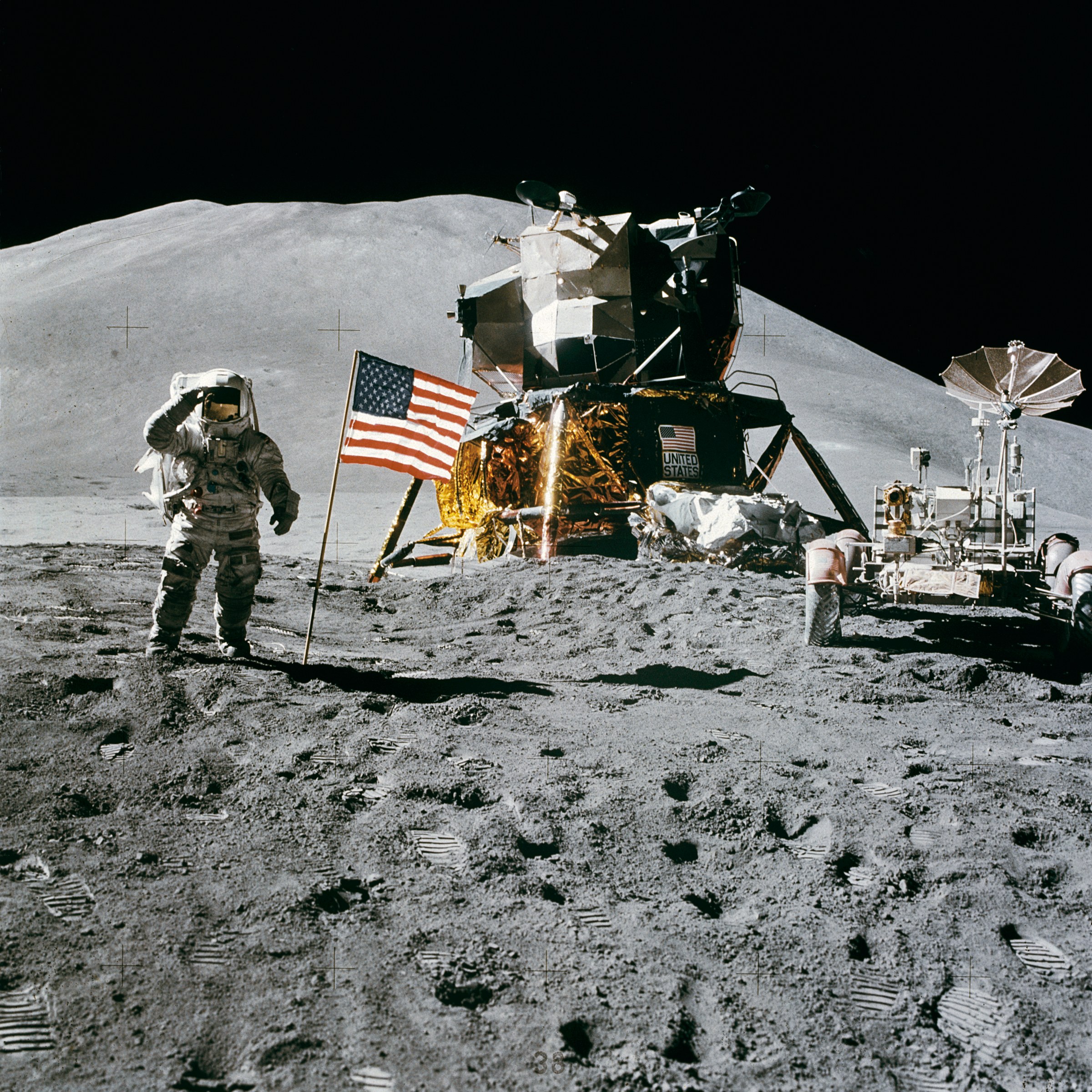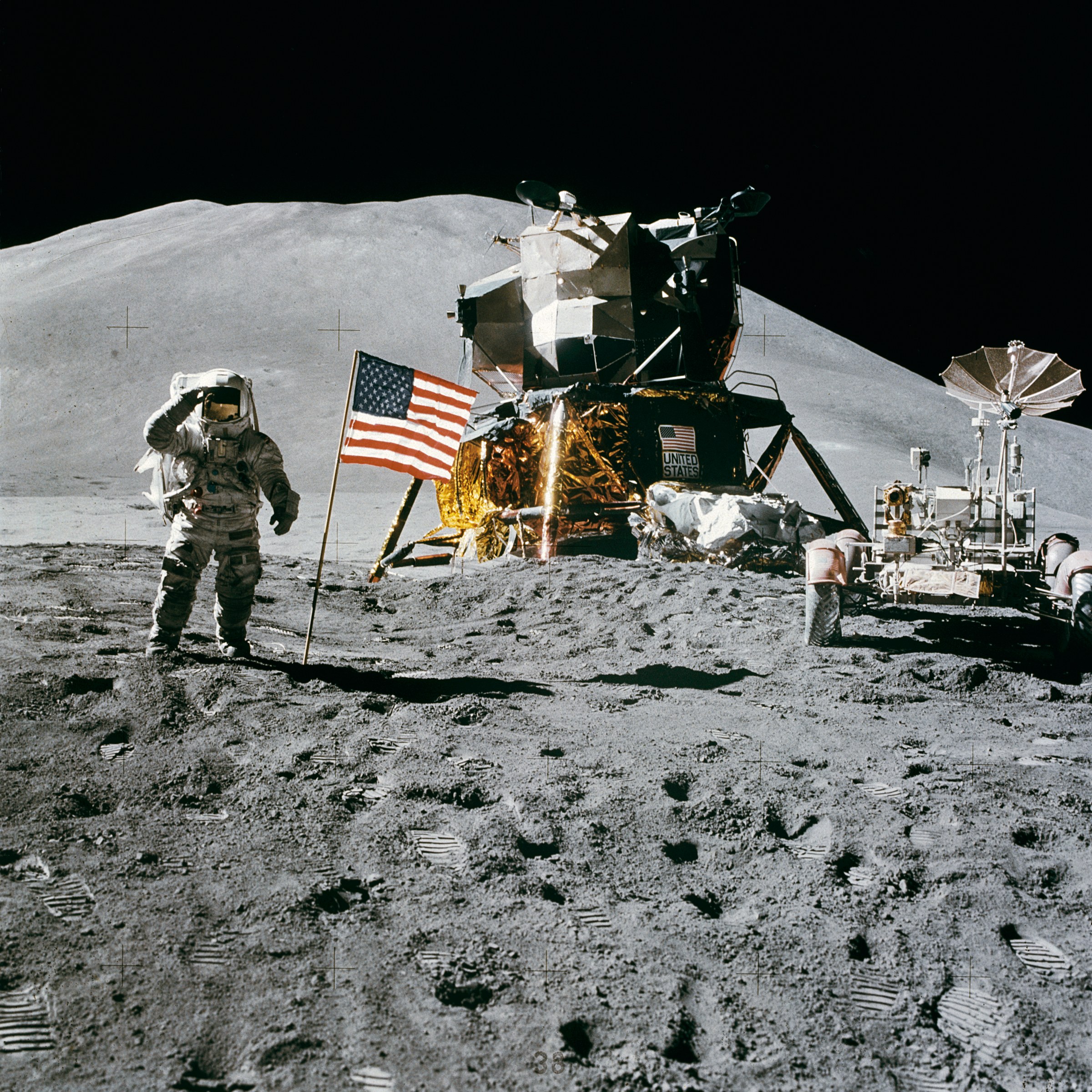A sobering warning from American Chemistry Council CEO Chris Jahn has exposed the devastating consequences of decades-long globalist trade policies that systematically dismantled America’s industrial foundation while empowering our greatest strategic competitor. China’s chemical industry now dwarfs America’s by a staggering 4-to-1 margin, creating a national security vulnerability that threatens the very backbone of American manufacturing independence.
This isn’t merely an economic statistic—it’s a damning indictment of the America Last mindset that dominated Washington for far too long. While previous administrations celebrated the hollow promise of a “service economy,” China methodically constructed the industrial capacity that undergirds modern civilization. From pharmaceuticals to plastics, from fertilizers to advanced materials, chemical production forms the invisible foundation upon which countless American industries depend.
Jahn’s stark assessment reveals how regulatory overreach and bureaucratic excess drove American investment offshore, essentially subsidizing China’s rise at our own expense. “We need smarter regulations that don’t punish domestic production,” Jahn emphasized, highlighting how Washington’s one-size-fits-all approach created competitive disadvantages that Beijing exploited with surgical precision.
The numbers tell a story of strategic neglect. While American companies invested over $200 billion domestically in the past decade—proving their desire to build on American soil—China’s state-directed economy systematically captured market share through subsidies, currency manipulation, and environmental corner-cutting that would be unthinkable under American standards.
This chemical capacity gap represents exactly the kind of economic warfare our Founding Fathers warned against when they granted Congress explicit constitutional authority to regulate foreign commerce and protect domestic industry. Alexander Hamilton’s vision of American industrial independence wasn’t mere economic theory—it was national security doctrine designed to prevent precisely this kind of strategic dependence on foreign powers.
The implications extend far beyond chemistry labs and manufacturing plants. When America loses control over basic industrial inputs, we surrender leverage in everything from trade negotiations to military preparedness. China’s dominance in rare earth elements already demonstrated how industrial dependence translates into geopolitical vulnerability. Now imagine that scenario multiplied across the entire spectrum of chemical production.
Yet Jahn’s warning also contains seeds of opportunity. His praise for renewed focus on “unfair trade practices” signals that American industry recognizes the value of trade enforcement policies that prioritize American workers over multinational corporate profits. The chemical sector’s massive domestic investments prove that American companies will choose American soil when policies support rather than punish domestic production.
The path forward requires dismantling the regulatory labyrinth that drove investment offshore while maintaining the environmental and safety standards that distinguish American industry from Chinese competitors cutting corners at workers’ expense. Smart deregulation means eliminating bureaucratic redundancy and regulatory uncertainty, not abandoning the principles that make American products superior.
Trade policy must also evolve beyond the failed free-trade orthodoxy that treated economic policy as an academic exercise rather than strategic competition. China views trade as warfare by other means, deploying state resources to capture strategic industries while American negotiators operated under gentleman’s rules that Beijing never accepted.
The chemical industry revival represents a crucial test case for whether America First policies can successfully rebuild the manufacturing foundation that once made this nation the world’s undisputed economic powerhouse. Success requires recognizing that industrial policy isn’t about picking winners and losers—it’s about ensuring that American ingenuity and American workers have a level playing field to compete.
Patriots should monitor upcoming regulatory reforms and trade enforcement actions with keen interest. The chemical sector’s revival could catalyze broader manufacturing renaissance, creating high-paying jobs while rebuilding the industrial independence our founders envisioned. After decades of America Last policies that enriched Beijing at our expense, the opportunity for genuine economic renewal has finally arrived.
The question isn’t whether America can compete—our workers and entrepreneurs remain the world’s finest. The question is whether Washington will finally implement policies worthy of their talents.
